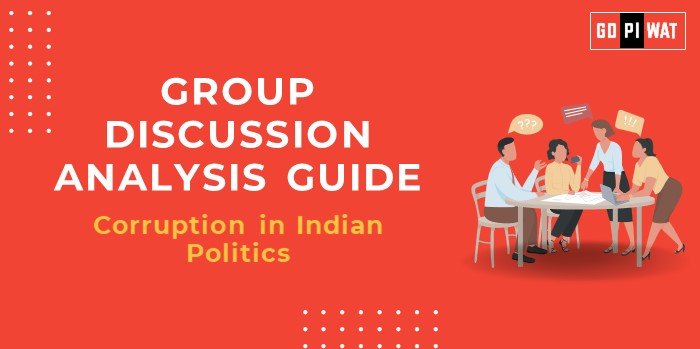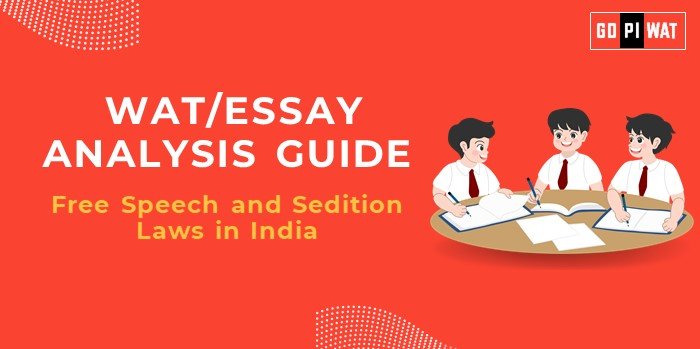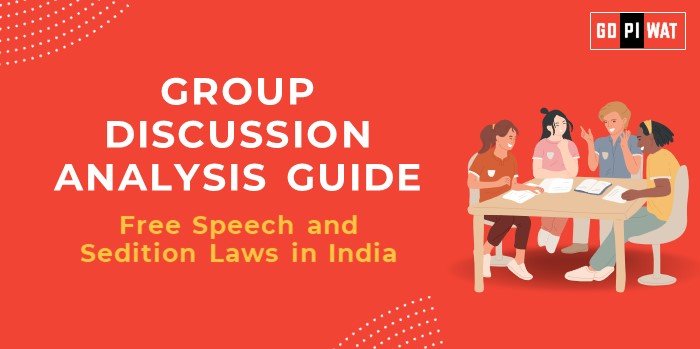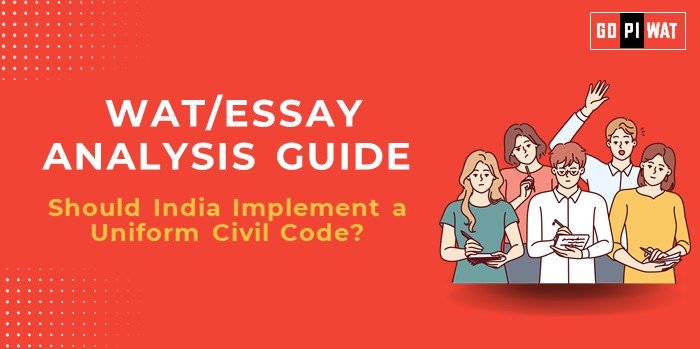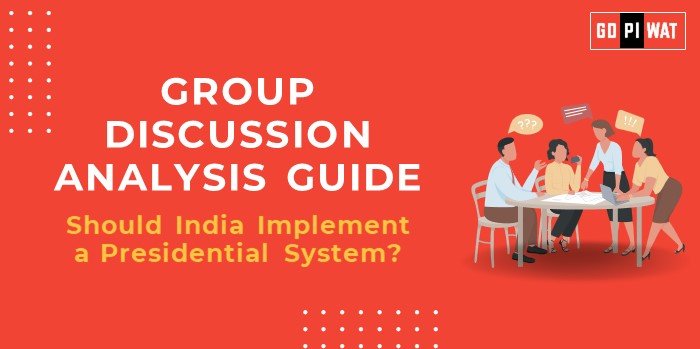Group Discussion Analysis: Corruption in Indian Politics
📋 Group Discussion (GD) Analysis Guide: Corruption in Indian Politics – Can It Be Eliminated? 🌐 Introduction to the Topic 💡 Opening Context: "Corruption in Indian politics remains a pervasive issue, affecting governance, economic development, and public trust. Despite various reforms and anti-corruption movements, the challenge persists, raising questions about the feasibility of its complete…
read more

